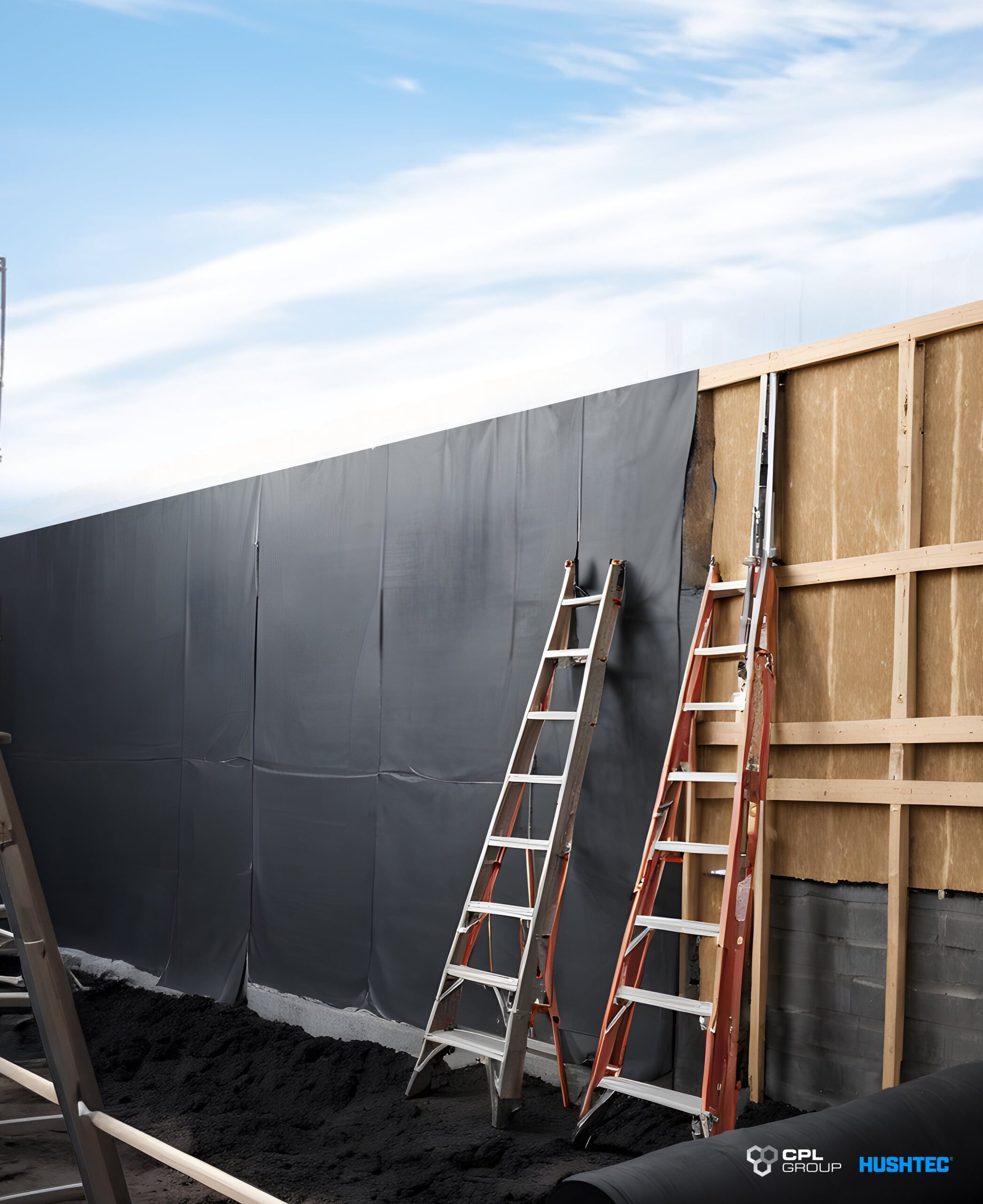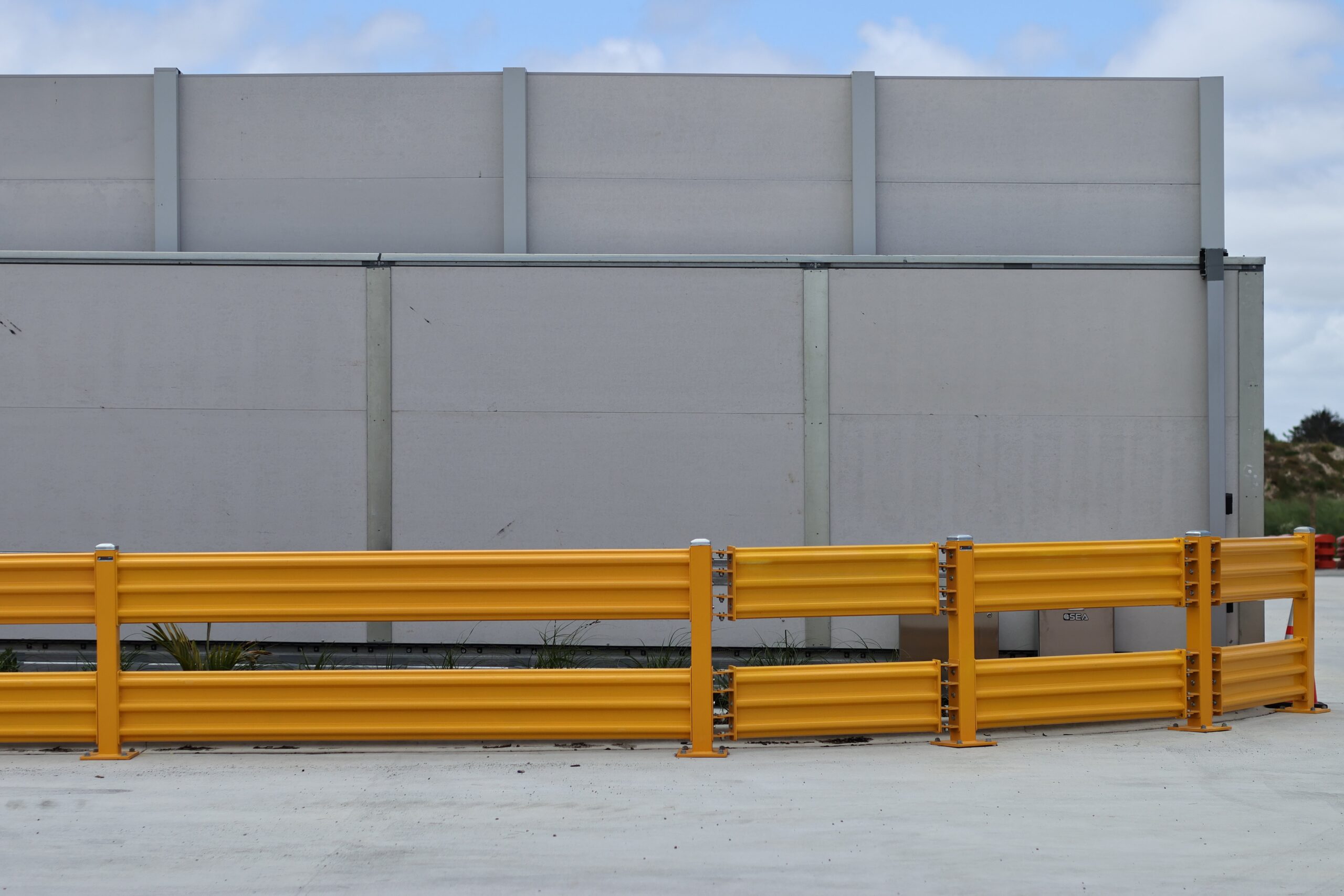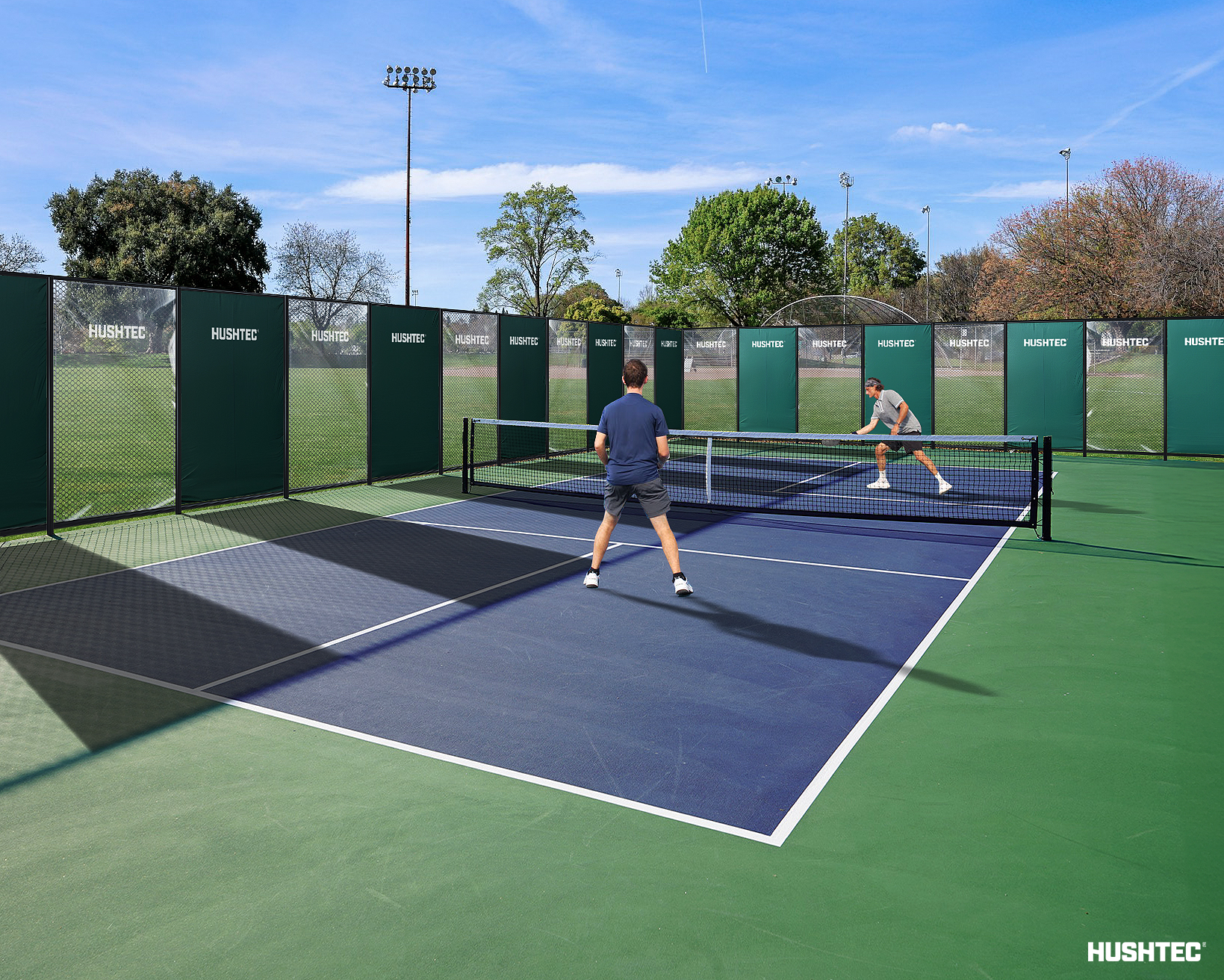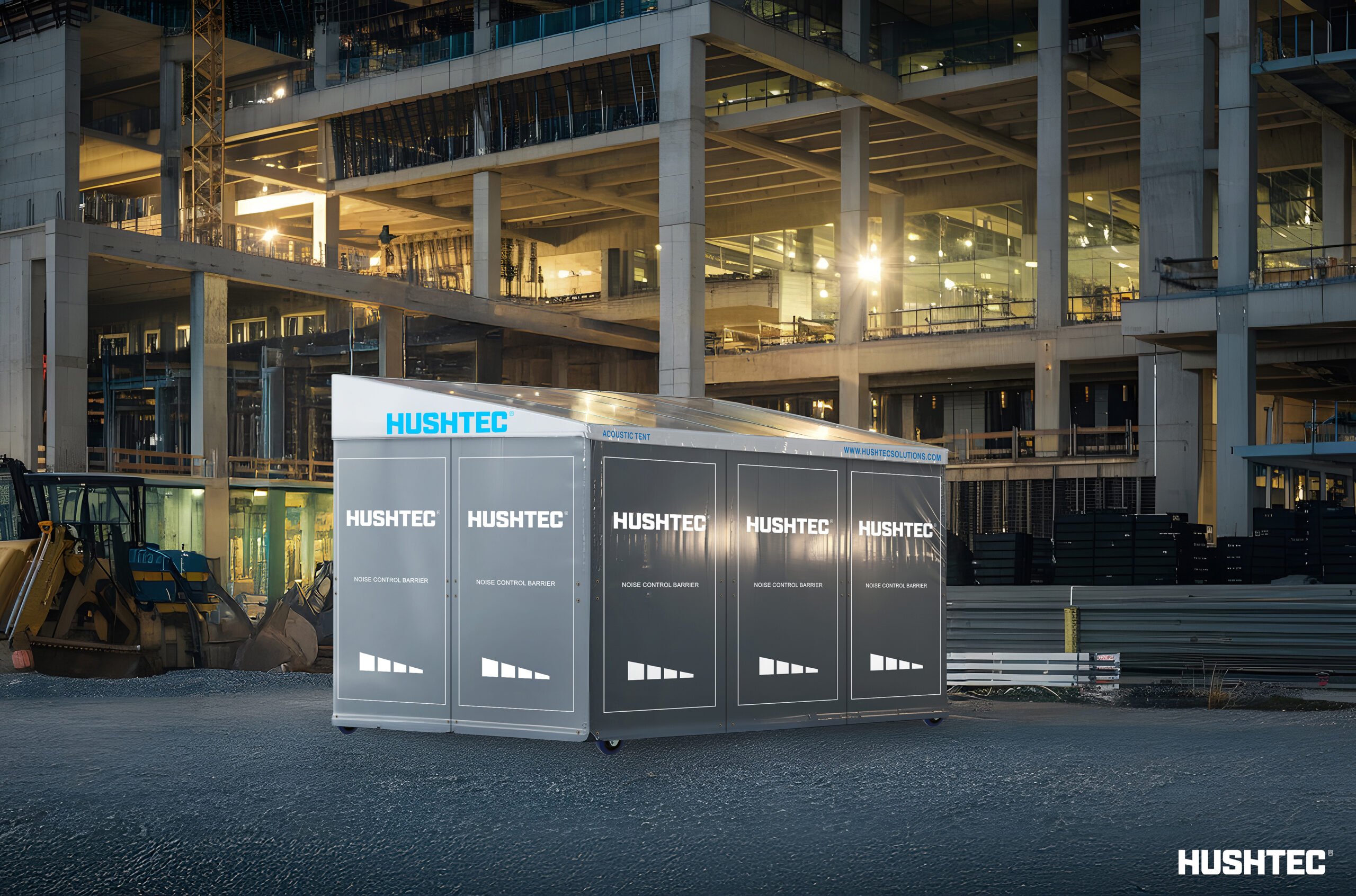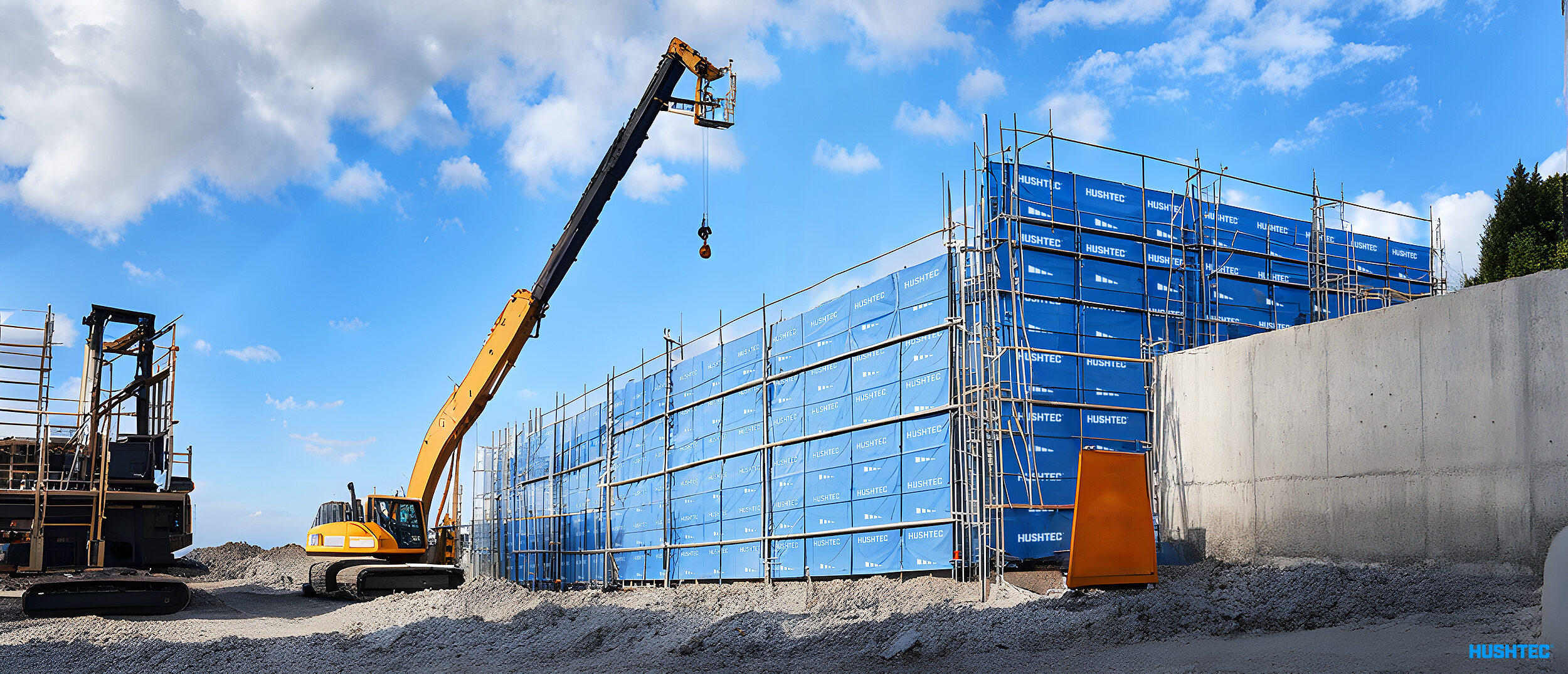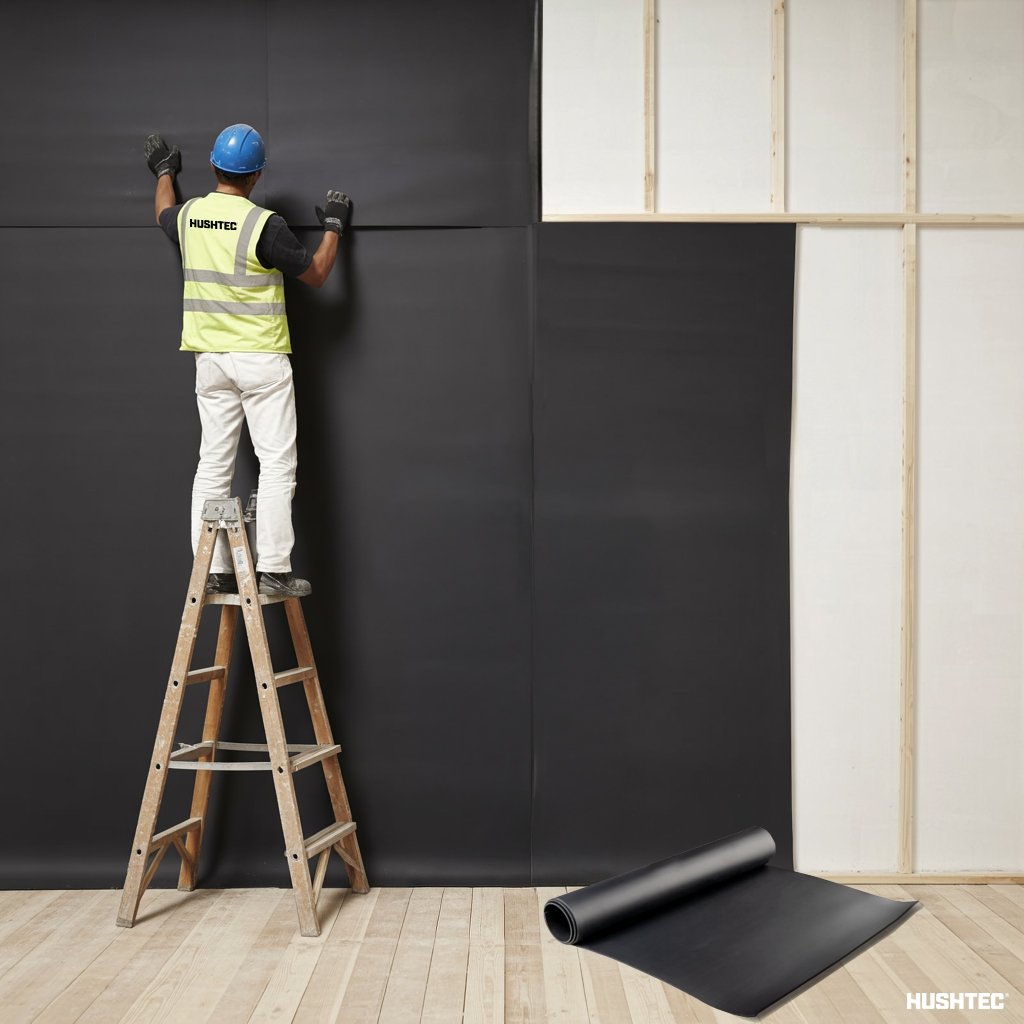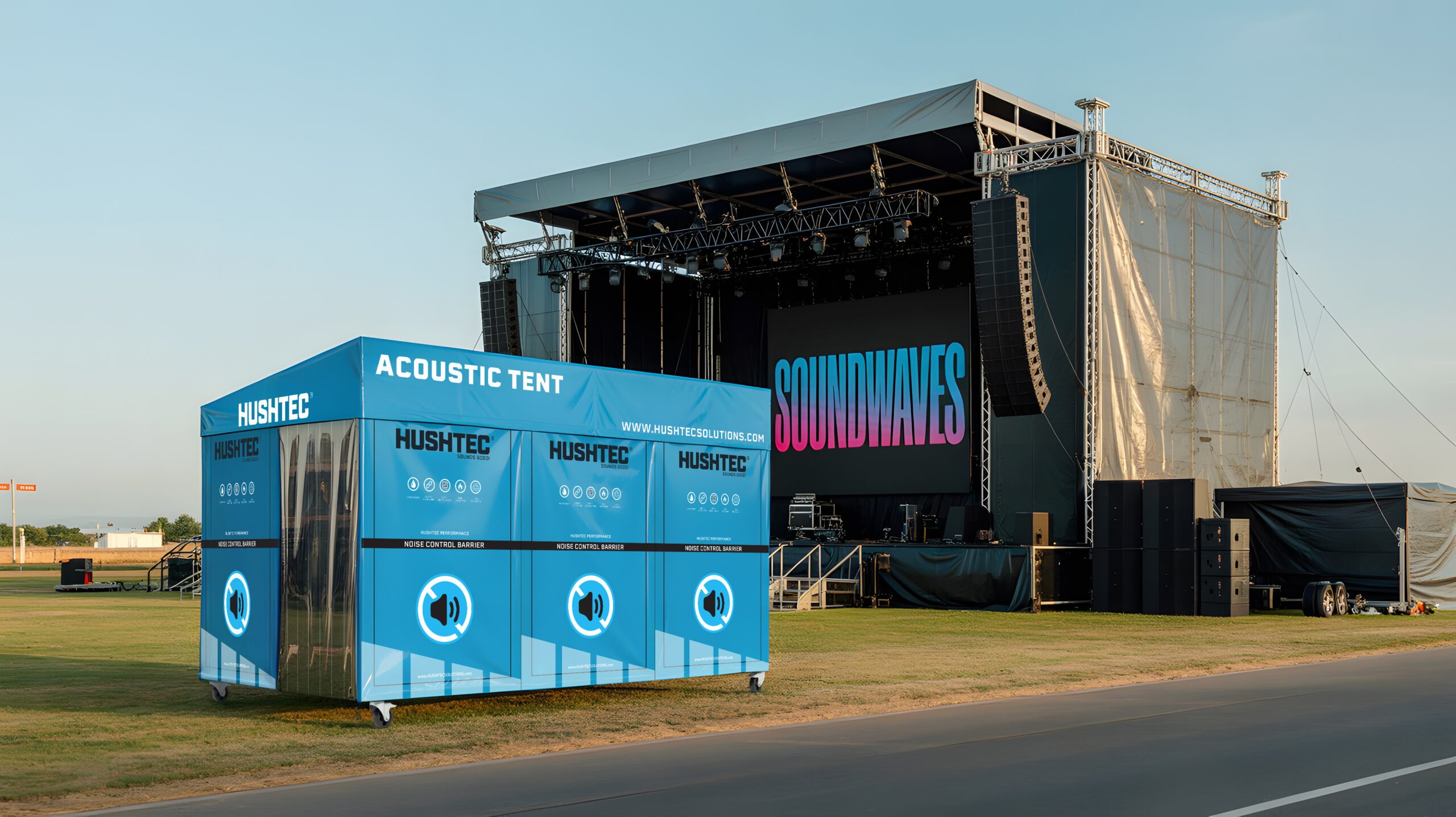Custom Noise Barriers and Soundproofing Fences for High-Performance Sites
Hushtec designs modular, fully customisable noise barriers, soundproofing fences and acoustic panels trusted across construction, infrastructure, industrial, and event environments. Whether you’re an architect specifying for compliance, a contractor working to deadline, or a rental company building repeat business—our systems deliver proven performance, brand flexibility, and peace of mind. Easy to deploy and backed by certified acoustic data, every product helps you build trust and deliver with confidence.
Industrial Noise Control Products That Work on the Ground
From boundary walls and rock breaker shrouds to acoustic tents and flexible blankets, our range supports effective site-based noise control. Distributors and commercial buyers benefit from strong turnover options, a versatile product mix, and timely supply. With in-house engineering and responsive technical support, we help you meet varied site conditions and stakeholder expectations.
Sound Control Solutions That Drive ROI and Compliance
Our barriers help reduce complaints, meet environmental conditions, and keep public and team safety front of mind. Rental partners choose Hushtec to grow revenue through durable, rebrandable systems that outperform standard hire stock. Every component is designed to scale across sectors and support project profitability.
Acoustic Components, Fast Turnaround, Global Reach
We supply across New Zealand, Australia, and global markets, with lead times and logistics built for tight project timelines. Whether you’re supplying a one-off infrastructure build, outfitting a logistics depot, or prepping for a film set, our noise control systems come with spec sheets, install guides, and expert advice—making them easy to specify, sell, or scale.
















